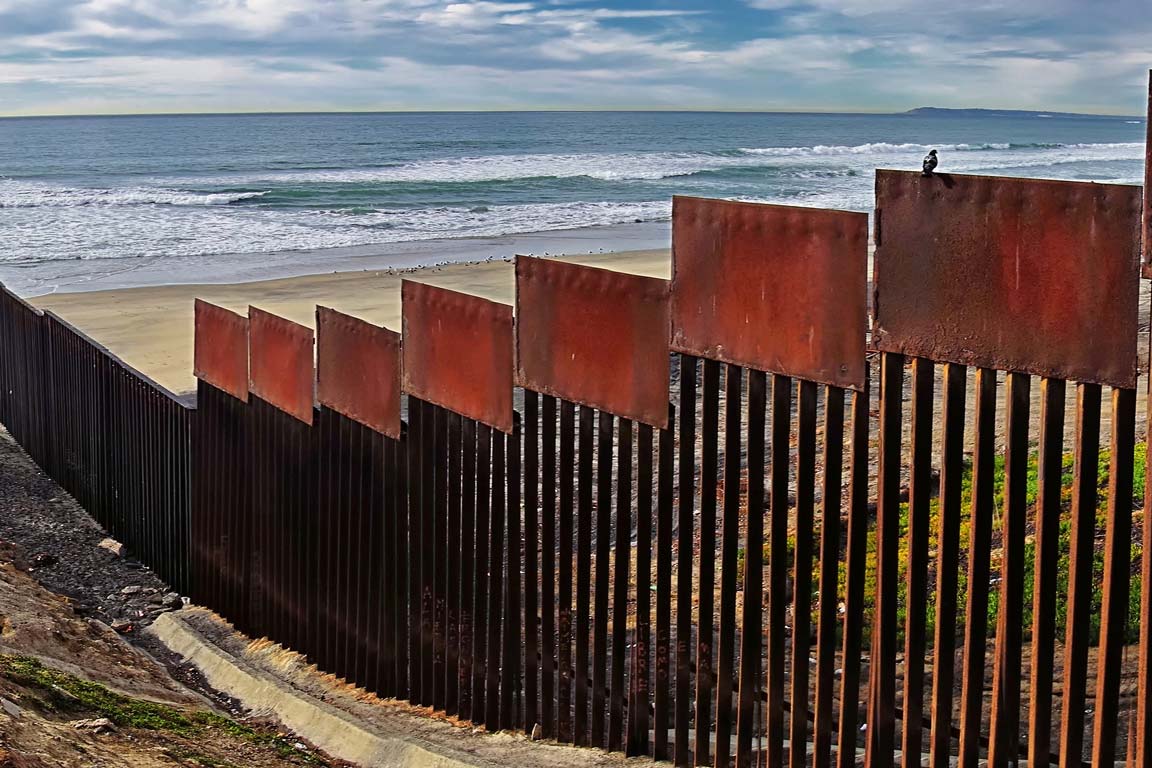- Course Description
This course examines the social construction of American borderlands as physical, geographic, and symbolic spaces that have undergone dynamic change as a result of cultural, economic, demographic, and political forces. Through critical readings of historical texts and recent scholarship, we will explore themes that transcend the boundaries of empires and nation-states.
We will begin with Álvar Núñez Cabeza de Vaca’s epic journey from Florida to Sinaloa in the 16th century. We will then proceed to analyze how race, class, and gender have shaped social experiences in various historical contexts, including in the New World after the Spanish conquest of the Americas, in northern New Spain during the colonial period, and along the U.S.-Mexico border in the mid-19th century. We will learn to view the movement and interaction of people, the exchange of ideas and commodities, and the emergence of new identities and ideologies from multiple vantage points, including comparative, transnational, and global perspectives. In addition, we will engage in discussions of recent research relating to the formation of regional identities in the multicultural Southwest and debates over immigration, citizenship, and human rights in the 20th century.
Special attention will be paid to the origins of the Mexican American Civil Rights Movement and the different forms of political activism that developed in the Southwest during the 1960s and 1970s under the leadership of Dolores Huerta, César Chávez, Reies López Tijerina, and José Angel Gutiérrez. The final weeks of the semester will focus on contemporary issues in the American borderlands, including the effects of U.S. policies to deter unauthorized border crossings and the status of Central American refugees seeking asylum in Mexico, the United States, and Canada.
American Borderlands

 The College of Arts
The College of Arts